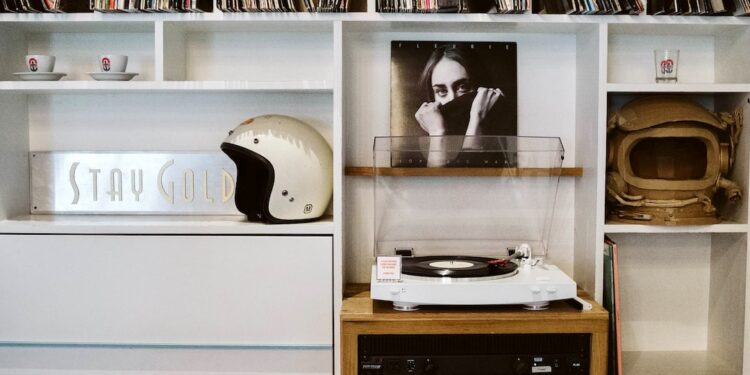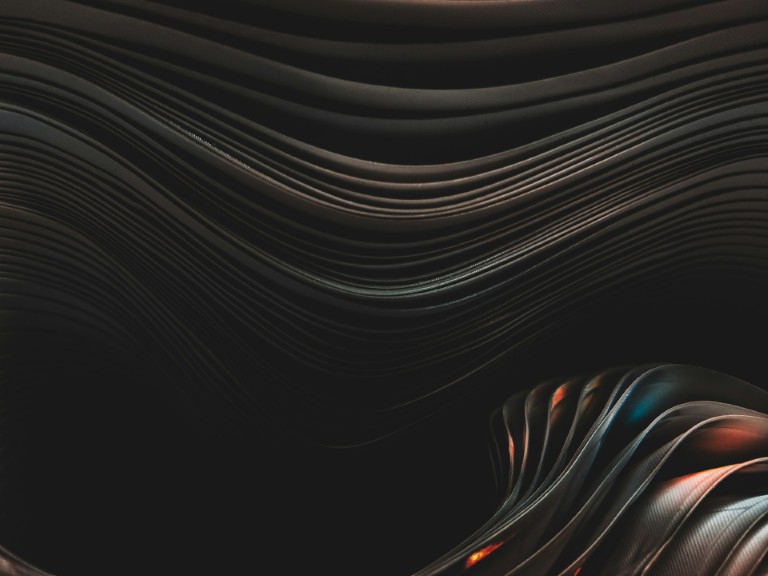The Evolution of Music Festivals: From Woodstock to Coachella
Music festivals have been around for centuries, but it wasn’t until the 20th century that they truly became a cultural phenomenon. From the legendary Woodstock in 1969 to the modern-day Coachella, music festivals have evolved to become much more than just a gathering of music enthusiasts. In this blog post, we will explore the evolution of music festivals and how they have shaped the music industry.
Woodstock, held in upstate New York in 1969, is widely regarded as one of the most iconic music festivals of all time. It was a three-day event that brought together half a million people to celebrate peace, love, and music. Woodstock marked a turning point in music history, as it showcased a wide range of diverse artists from different genres. It was a celebration of counterculture and a reflection of the social and political unrest of the time. Woodstock not only defined the 1960s but also set the precedent for future music festivals.
In the following decades, music festivals started to gain popularity around the world. The 1970s saw the rise of festivals like Glastonbury in the UK and Pinkpop in the Netherlands. These festivals showcased a mix of rock, pop, and folk music, and attracted thousands of attendees. They created a sense of community and unity among music fans, who came together to enjoy their favorite artists in a vibrant and immersive environment.
The 1980s and 1990s brought about a shift in the music festival landscape. As electronic music started to gain mainstream popularity, festivals like Germany’s Love Parade and the UK’s Creamfields emerged as the go-to events for electronic music enthusiasts. These festivals featured techno, trance, and house music and drew massive crowds each year. The success of these events paved the way for the growth of electronic music festivals worldwide.
Fast forward to the 21st century and we witness the birth of Coachella, which has become the ultimate music festival experience. Since its inception in 1999, Coachella has grown to become one of the most attended and talked-about festivals in the world. It takes place in Indio, California, over two weekends and features a wide range of genres, including rock, hip-hop, pop, and electronic music. What sets Coachella apart is its fusion of music, art, and fashion, creating a truly immersive and visually stunning experience for attendees.
Coachella’s success can be attributed to its ability to adapt to changing music trends and its focus on providing a unique and unforgettable experience. It has become a platform for emerging artists to showcase their talent alongside established acts. It also offers a diverse range of activities and attractions outside of music, such as art installations, food vendors, and interactive experiences. The festival has become a cultural phenomenon, with celebrities and influencers flocking to be part of this influential event.
With the rise of social media, music festivals have also become a major marketing tool for artists and brands. Festivals like Coachella provide a platform for artists to reach a massive global audience and establish their brand. From surprise guest appearances to exclusive merchandise releases, music festivals have become a playground for musicians to interact directly with their fans and create buzz around their work. Brands have also recognized the promotional opportunities that festivals offer and have invested heavily in sponsoring and branding festival stages, activations, and experiences.
In conclusion, the evolution of music festivals from Woodstock to Coachella showcases the changing landscape of the music industry and the growing importance of these events. From counterculture revolutions to immersive modern experiences, music festivals have become a celebration of art, culture, and community. They have transcended their original purpose of showcasing music and have become a driving force in shaping the trends and tastes of the music industry. As music continues to evolve, one thing is certain – music festivals will continue to play a central role in the discovery and celebration of new sounds, trends, and experiences.














